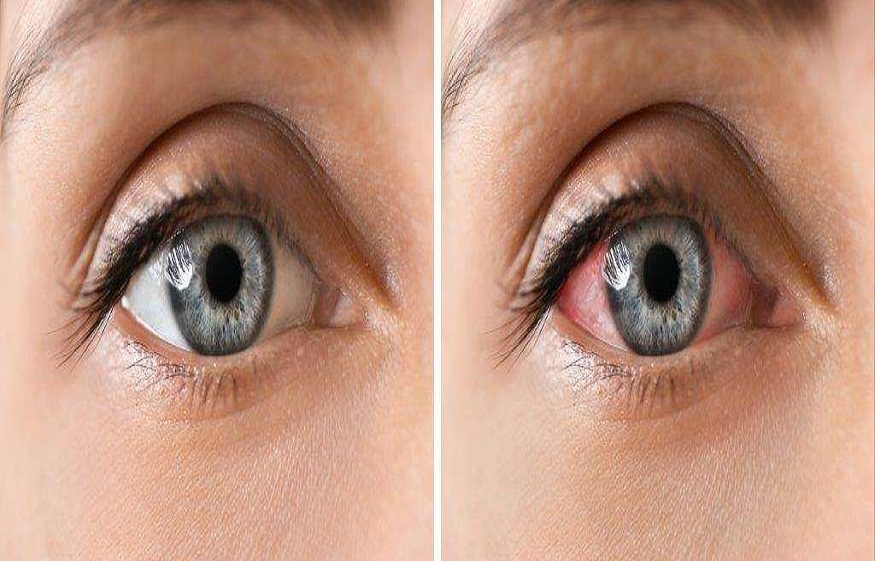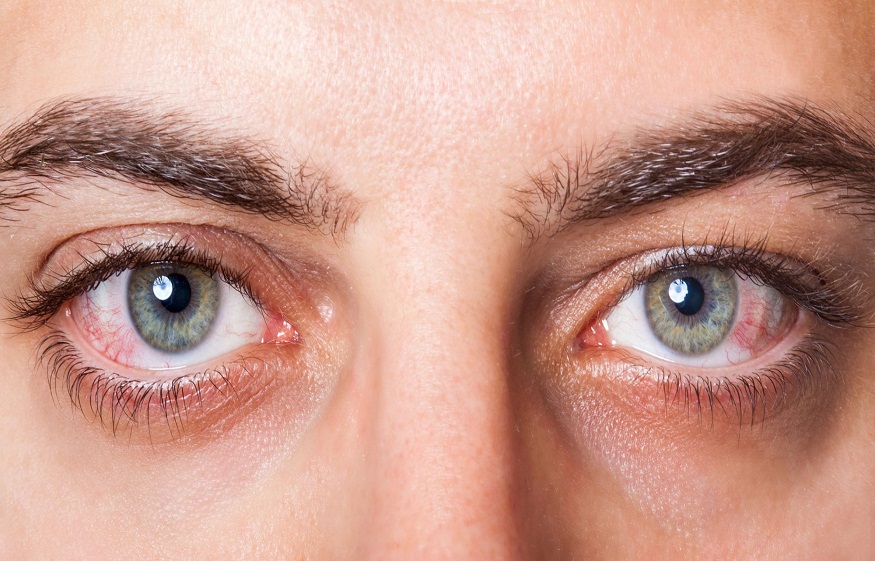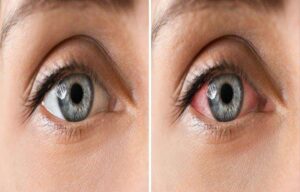Dry eye and preventive measures
Have you ever experienced the following symptoms when waking up, at the end of the day, or after spending several hours in front of the computer: dry or irritated eyes, eye fatigue, tingling or itching, a feeling of grain of sand, vision problems, reduced ability to see far away or even migraines?
All of these symptoms are indicators of dry eye. But dry eye can be present in some patients who do not experience symptoms.
More than one in three French people suffer from dry eye. It is one of the main reasons for consulting ophthalmologists worldwide. The intensity, history and frequency of symptoms related to dry eye can have a significant impact on the daily lives of people who suffer from it.
What to do yourself in case of dry eyes or as a preventative measure?
It is important to adopt the right actions from the onset of symptoms, daily to prevent or reduce dry eyes:
> Change your lifestyle and adopt simple actions:
Take care of your eyes!
Clean, warm, massage your eyelids to improve the quantity and quality of your tears
To prevent infections that are more common in dry eyes (conjunctivitis, corneal infection or keratitis, eyelid infection or blepharitis), avoid touching your eyes or rubbing your eyelids. Wash your hands before touching your eyes.
Quickly treat sinusitis and associated allergies as well as inflammatory lesions (rosacea and blepharitis)
If you wear contact lenses, follow the advice on how to care for them and do not wear them all the time. Choose glasses with suitable optical correction.
Remove eye makeup properly with products for “sensitive eyes”
Choose quality eye makeup with good staying power, to prevent makeup from running into your eyes.
Opt for light makeup, avoid pencil inside the eyes because it blocks the openings of the Meibomian glands. Put mascara on the ends of the eyelashes, not too close to the eyelids
Schedule regular eye and skin checkups
Beware of screens :
Limit screen time
When working on a screen, take breaks of at least 5 minutes every hour and look away regularly
Remember to blink every 4 to 6 seconds when looking at a screen or reading.
Do not work in front of a screen in the dark or with too much light. Choose sufficient and uniform light. Natural light is preferable. Always place a small light behind the screen
Position your computer screen lower than your eyes, to avoid having your eyes facing upwards and therefore more exposed to the air
Opt for a filter on your computer screen to reduce the impact of blue light
Adopt a healthy lifestyle:
Stay away from tobacco smoke and/or quit smoking
Practice eye gymnastics and blinking exercises: Find more information on blinking exercises here
Wear protective shells at night
Humidify your bedroom
Plan for screening for hormonal disorders
Have a balanced diet, eat vitamins (vitamin A, C and E), stock up on Omega 3 by eating fish
Drink plenty of water at regular intervals (1.5 to 2 liters of water every day)
Keep an eye on weather conditions:
Wear glasses to protect yourself from cold, dust, wind and sun
Avoid looking at the sun with your eyes open, and without sunglasses.
In case of high heat, avoid using air conditioning excessively: avoid blowing in the eyes and limit air conditioning which increases the evaporation of tears
If you are taking medication, check the side effects reported on the package insert and then discuss this dry eye problem with your doctor. Under no circumstances should you stop your treatment without his advice.
Finally, do not hesitate to use “artificial tears” available in pharmacies to moisten your eyes. Prefer single doses, without preservatives, in order to reduce the risk of eye infections and irritations. You can use them as often as necessary, once or twice a day or several times an hour. Ask your pharmacist for advice.












Post Comment
You must be logged in to post a comment.